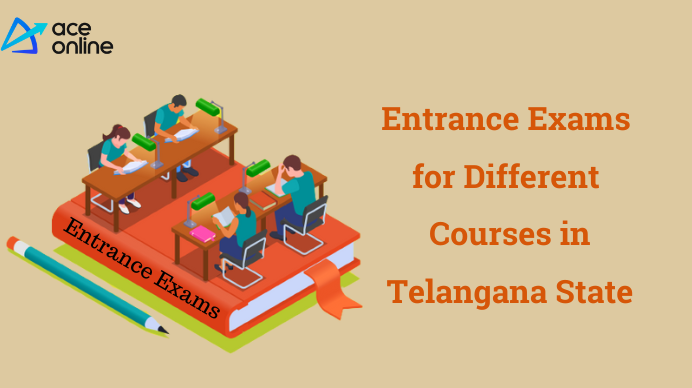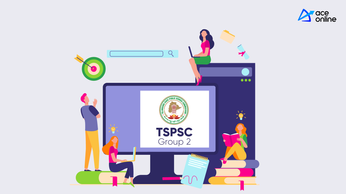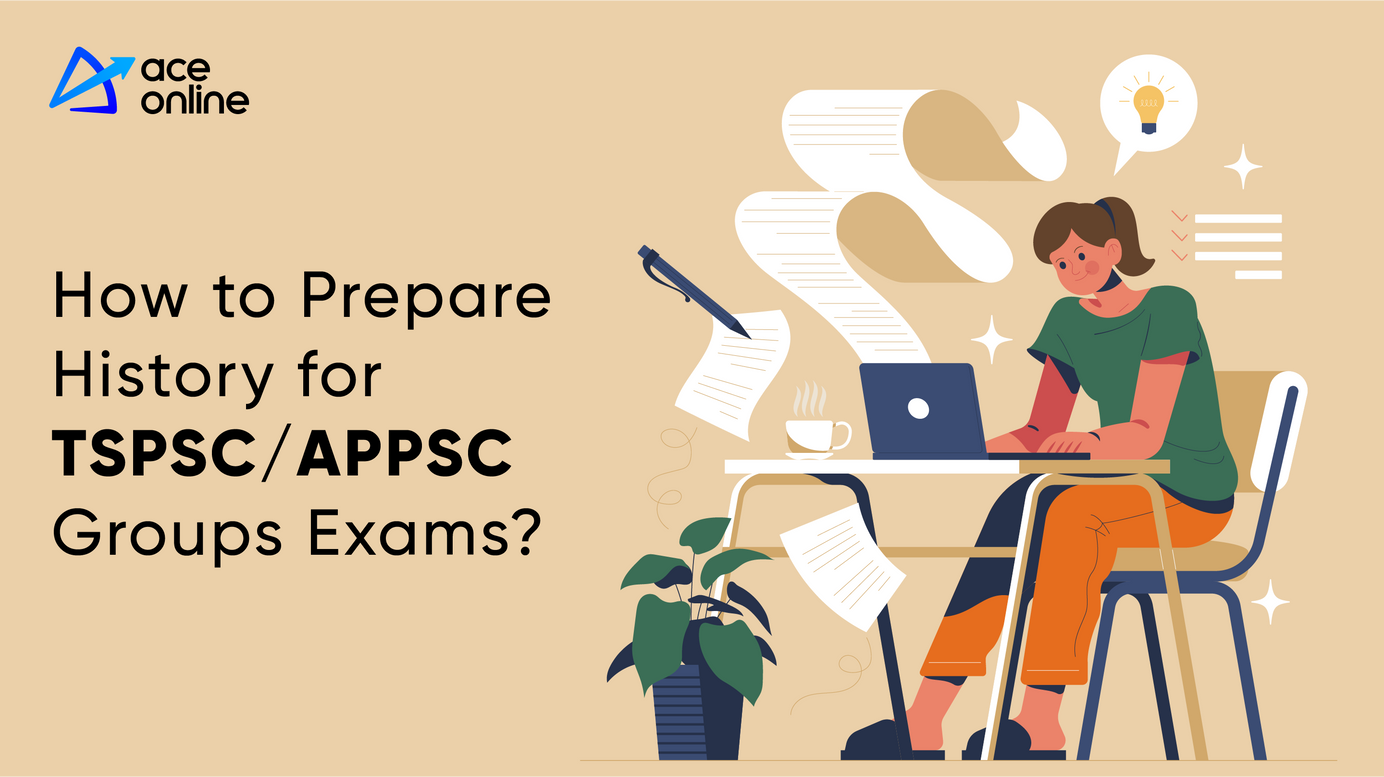
How to Prepare History for TSPSC/APPSC Groups Exams?
History is an important subject in TSPSC/APPSC, and SSC Exams, covering a wide range of topics from Ancient to Modern times.
Preparing for the TSPSC/APPSC Groups exams can be a challenging task, especially when it comes to the history section. History is an important subject in TSPSC/APPSC, and SSC Exams, covering a wide range of topics from Ancient to Modern times. A good understanding of history not only helps in scoring well on the exam but also provides valuable insights into the evolution of human society and culture. However, with the vast amount of information to cover, it can be immense for candidates to know where to start and how to approach their preparation. In this article, we will discuss some useful tips and strategies for preparing history for TSPSC/APPSC Groups exams, to help candidates streamline their preparation and achieve success in the exam.
Many candidates think that history is like an 'ocean'. In fact, history can be remembered easily if it is read in a planned, comparative, and contemporary manner. Knowledge of History, Indian Culture – Social Traditions is mandatory for competitive exam candidates. Especially the history of Indian independence, Telangana/Andhra Pradesh history-culture, etc. should be mastered. "Instead of reading the same topic again and again.. one topic should be compared with many standard books. one should write notes. Remembering the kingdoms and royal dynasties of India in sequence, it is good to focus on the founders of their kingdoms – architectural skill, their architectural style, methods followed, and social, economic, and literary fields.

Divide Indian History into Parts
1. History of Ancient India (10,000 BC to 750 AD)
2. History of Medieval India (750 AD to 1707 AD) (From the beginning of the feudal system to the death of Aurangzeb).
3. History of South India (from the Satavahanas to the foundation of the Bahmani kingdoms; 225 BC to 1347 AD).
4. Establishment of Regional Kingdoms – Rajaputras, Rashtrakutas, Western Chalukyas, Eastern Chalukyas, Vemulawada Chalukyas, Mudigonda Chalukyas, Kakatiyas, Reddy kingdoms, etc.
5. Development of literary and cultural fields of Vijayanagara-Bahmani kingdoms.
6. History of Modern India (1707–1885) (up to the emergence of the National Congress).
7. Indian Independence Movement (1885–1947); This can again be divided into three stages.
- The Age of Moderates 1885–1905
- The Age of Extremists 1905–1920
- Gandhi Era (1920–1947)

Things to Read in Ancient India History
- Human Races by Ramachandra Guha, Stone Axe History, Palaeolithic Age, Neolithic Age, and New Stone Age
- Ragu and Ulava in the ancient era
- A geographical atlas is very useful when studying the highlights of ancient civilizations.
- Vedic Period Literature, Religious Conditions, and Social System.
- Candidates have to think logically and figure out the answer to such questions.
- The religious conditions of the 6th century BC, the new religious movements, and the factors that contributed to their emergence should be studied in detail.
- Early Arya period –Gargi, Maitreya Vedic literature (Upanishad) contains details about the scholarly dispute with Yajnavalkarushi (Brhadaranyakopanishat), etc.
- Religious movements, their ideologies, their influence - .what kind of change did they bring about in Indian society? Contemporary royal dynasties.. their Buddhist and Jain religious services
- About the Administration, Literature, and Art of Great Dynasties like the Mauryas and Guptas.
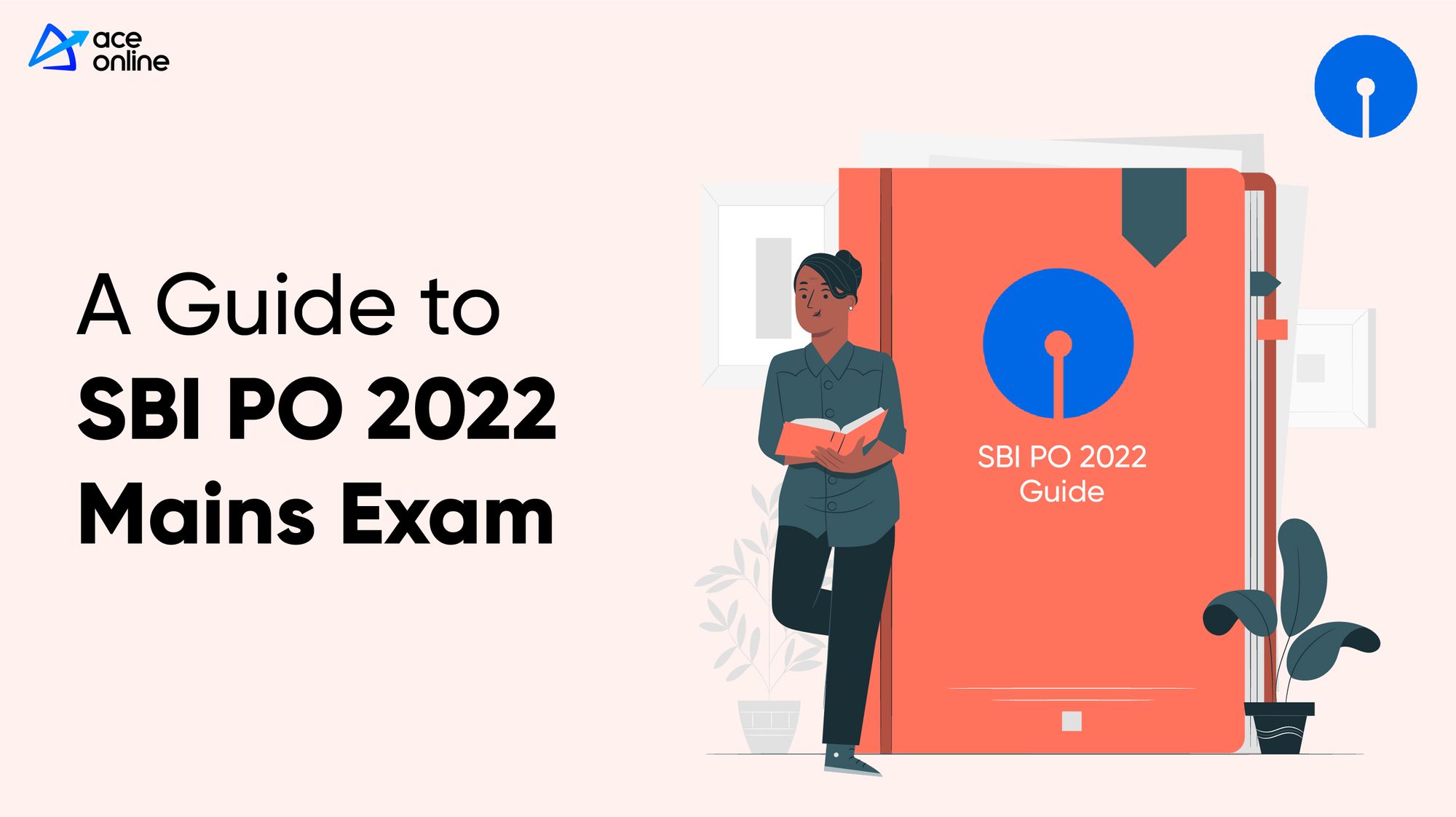
Things to Read in Medieval India History
- Religious, Social, and Cultural aspects can come from the history of medieval India.
- Astrology, Kalhana Rajatarangani, and Lilavati Arithmetic.
- Mansabdari system during Akbar's time in 1571.
- What reason for the introduction of Muzaffar Khan, Shaman Sur? Whose government recognized the ownership rights of Kabulimat farmers? Which Mughal king promoted the intoxicating drink called Bhangu?
- Questions such as who mentioned Agra and Fatehpur Sikri in his writings as bigger than London in the Mughal period? (Ralph Pitch) should be considered crucial.
- The religious policy of the Mughals – Deccan policy, Rajput policy, architectural style, and literary fields should be identified.
- Mughals, Sikh relations – The rise of the Maratha kingdom should be read in a different light.
- Bahadur Shah-2 should know the importance of being the Mughal emperor who wrote the four volumes of Diwani-e-Zafar himself under the pen name Jafar.
- Vijayanagara emperor did trade with countries like Sinhala. The views of historians like Perista should be incorporated.
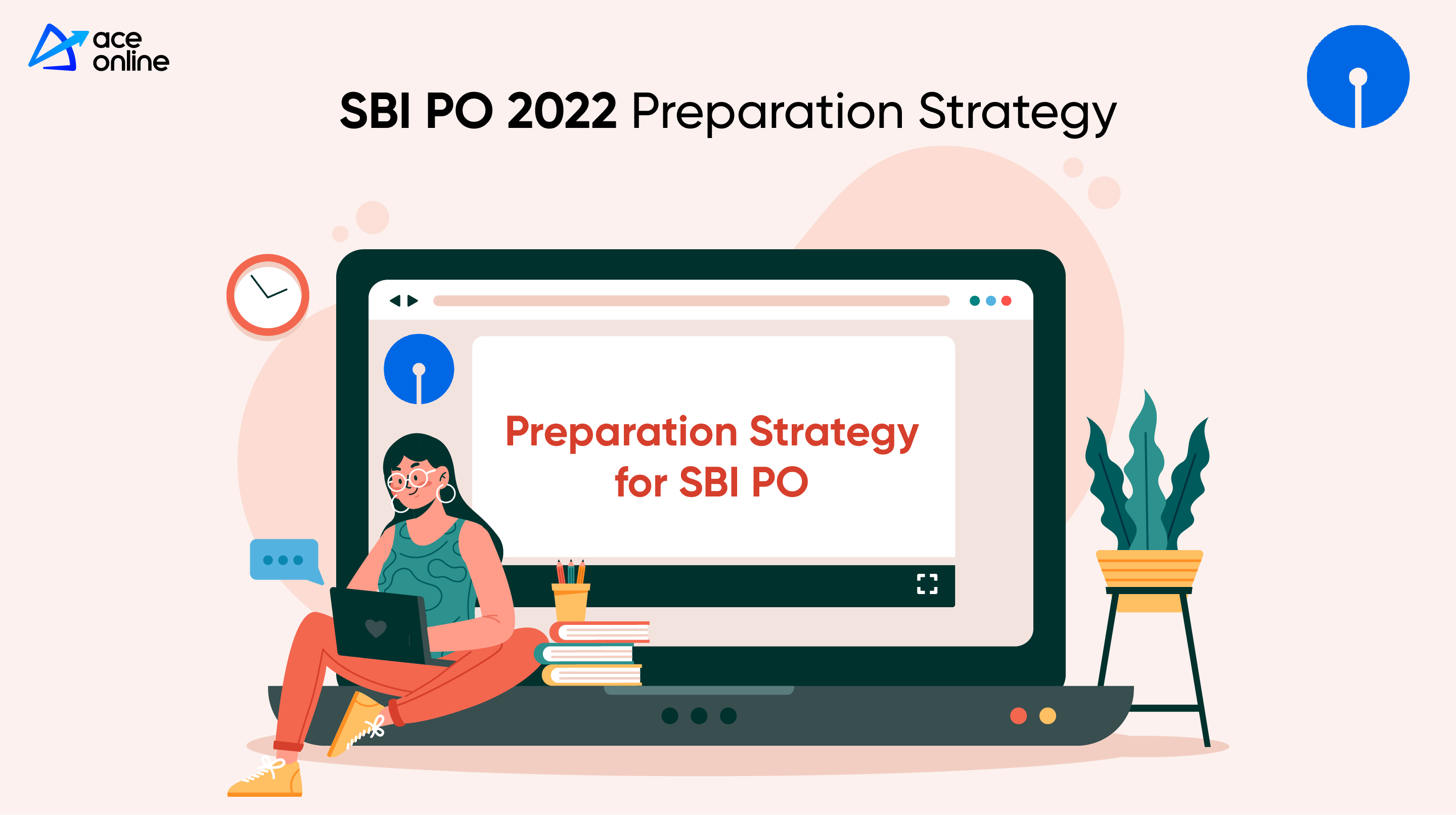
Things to Read in History of Modern India
- Write detailed notes on their arrival in Europe, their colonialism, commercialism, and imperialism.
- Columbus discovers the Americas (1492); Vasco da Gama's words describing the discovery of new sea routes by Goodhope Agra (South Africa) to India as two of the most dangerous events recorded in the history of mankind, any historian thinks such comments and statements are more likely to come in modern India.
- Tribal, peasant, and common civil revolts against the British were the most important factors. Commemorating the undying struggles of the monks, who were glorified in their writings, contributed a great book to the freedom movement of India.
- About Hindu-Muslim unity and greatness. "We are living and breathing the air of India. We are drinking the waters of the holy Ganga and Yamuna.
- We should write down the words that Indianness is present in our bodies and blood. Who was the great dancer who inspired the common people in the Kanpur region to support the soldiers through his dance performances during the Sepoy Mutiny of 1857?
- Candidates need to know deep questions like (Azijan was a great dancer)
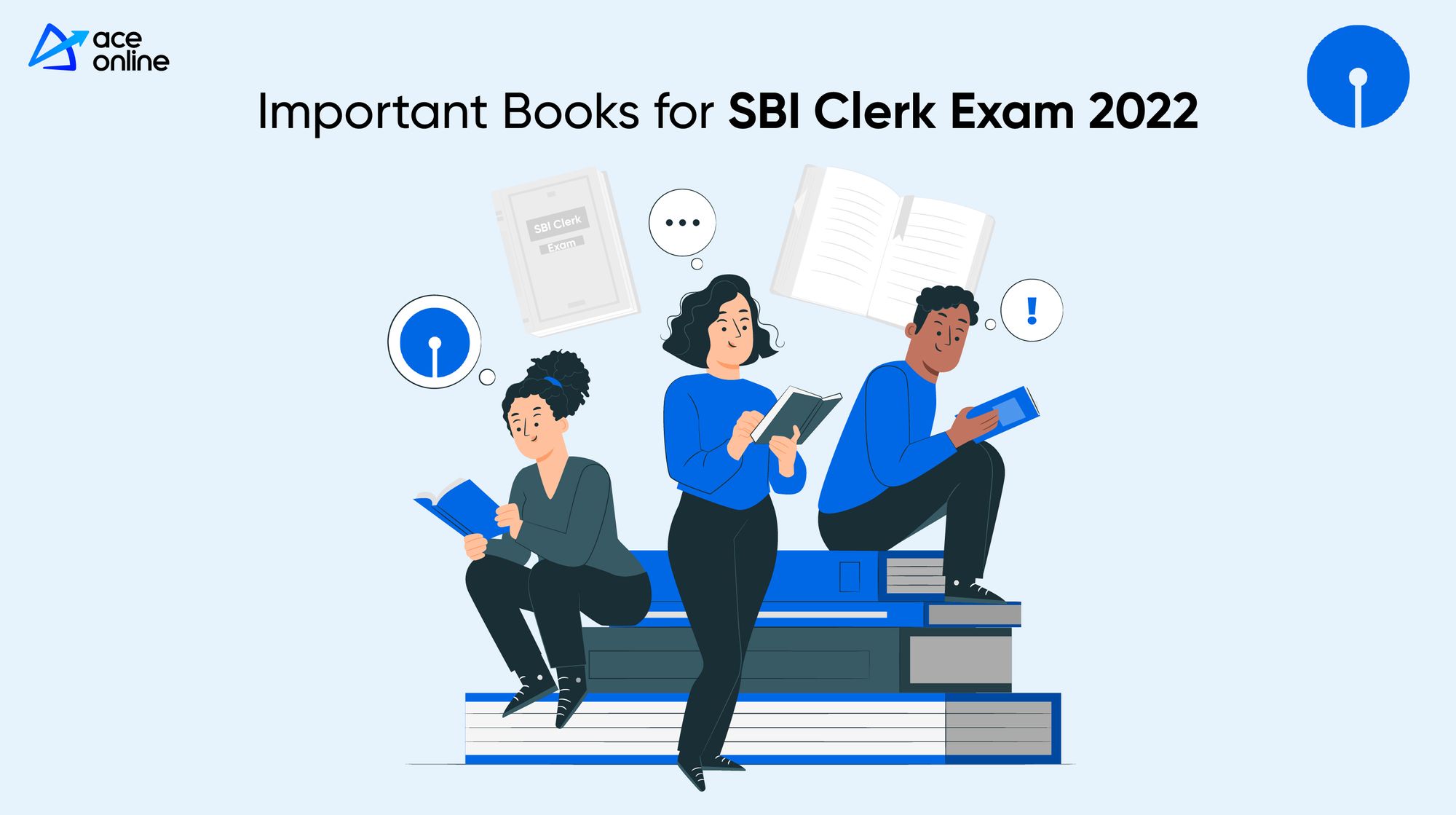
Things to Read in History of Independence
- Many candidates think that most of the questions will come from this phase of history. But this is not true. History – culture, heritage, ancient, medieval, modern, freedom movement. All these topics should be considered as a priority.
- Candidates have to write notes, especially on the political, social, economic, and changes that came under the rule of the British.
- Highly respected officials who have earned public recognition as well-wishers of farmers.
- Azadika Amritmahatsav 75 years of independence festival for 75 weeks. Candidates have to read in this aspect also.
- Moderates (Dadabai Naoroji), Extremists (Tilak), Background of Gandhi's various movements during Gandhi's era are the most important points.

Preparing for TSPSC/APPSC Groups exams requires a diligent and strategic approach, especially when it comes to history. It is important to understand the exam pattern, syllabus, and marking scheme before starting the preparation. Building a strong foundation by studying the basic concepts and themes is essential, followed by advanced reading and analysis of the topics. One should also make use of various resources such as textbooks, reference books, online resources, and previous year question papers to enhance their knowledge and gain an edge over others. Additionally, regular practice of mock tests and revision of the topics is crucial for success. With a focused and well-planned approach, anyone can excel in history and crack TSPSC/APPSC Groups exams.

ACE Online Newsletter
Join the newsletter to receive the latest updates in your inbox.

